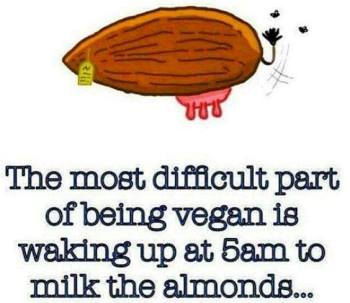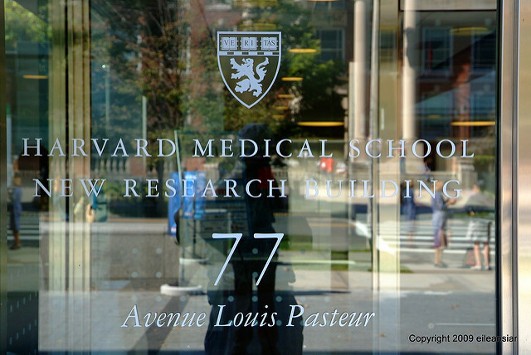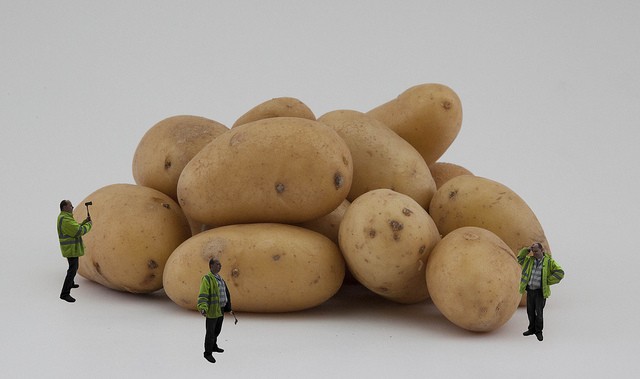When it comes to battle cancer the most efficient way there is one weapon that is virtually lethal to cancer cells: Vitamin C. This vitamin has been understimated for so many years regarding its incredible power of curing cancer and heart disease. In fact, many cancer patients had been tested for this vitamin. Most of them were seriously deficient in vitamin C. Unfortunately, the deficiency in vitamin C rose the more advanced they had been in their stage of disease. However, until now it has not been possible to take full advantage of the cancer-curing power of vitamin C. Cancer cells live on glucose. So, cancer cells need to be supplied by glucose on a regular basis or they cannot survive. As the molecular shape of vitamin C resembles the molecular shape of glucose, Dr. Riordan has been able to prove that vitamin C makes cancer cells die if this vitamin is given intravenously. It is assumed that this might be the case because cancer cells seem to mistake it for glucose due to its similar molecular shape and thus jump on it as if it were their favorite fuel. However, in fact they absorb vitamin C in great quantities causing them to be gradually destroyed. One could say that Dr. Riordan’s research results make vitamin C act like a Trojan horse to cancer cells in one’s body. The research results were published at the National Institute of Health. Read the following article very carefully so you will not miss the extreme power of using vitamin C this way.
“Vitamin C is one of the most well-established traditional antioxidants we know of, and its potent health benefits have been clearly demonstrated over time, especially for the prevention and treatment of infectious diseases.
A perfect example of the healing power of this antioxidant vitamin is the drbiochamatic case of Allan Smith, who contracted a serious case of swine flu, and was brought back from the brink of death using a combination of IV and oral vitamin C.
While most animals have the ability to produce vitamin C internally, three species cannot. Guinea pigs, primates, and humans must obtain their vitamin C from their diet.
Vitamin C has numerous functions in the human body, including acting as an essential cofactor in enzymatic reactions.
In this way, it plays a role in your body’s production of collagen, carnitine (which helps your body turn fat into energy), and catecholamines (hormones made by your adrenal glands).
Vitamin C is also used by your body for wound healing, repairing, and maintaining the health of your bones and teeth, and plays a role in helping your body absorb iron.
A powerful antioxidant, vitamin C also helps prevent damage caused by free radicals. Over time, free radical damage may accelerate aging and contribute to the development of heart disease and other health conditions.
It’s through this antioxidant effect that it’s thought vitamin C may play a role in protecting heart health.
Linus Pauling — ‘The Vitamin C Man’
One of the most famous forerunners of high dose vitamin C treatment for colds and other disease was Linus Carl Pauling (1901-1994), a physical chemist and peace activist who won two Nobel Prize awards; one in chemistry in 1954, followed by a Nobel Peace Prize in 1962.
The New Scientist magazine ranked him as one of the 20 greatest scientists to ever live. He almost won a third Nobel, but Watson and Crick narrowly beat him to the discovery of the structure of DNA.
Despite being a well-respected scientist, his views on vitamin C were all firmly rebuffed by the medical community.
He detailed his discoveries in a series of books, starting with Vitamin C and the Common Cold in 1970, followed by Vitamin C, the Common Cold and the Flu (1976), Vitamin C and Cancer (1979), and How to Feel Better and Live Longer(1986).
Many felt Pauling was too far out of his field of expertise with his research into nutrition, and he was largely ignored by mainstream medicine and nutritional science.2
Was Pauling Right About Vitamin C After All?
While the recommended daily allowance (RDA) for vitamin C had been established at 40 to 60 mg per day — an amount more than sufficient to prevent scurvy — Pauling advocated amounts of 1,000 mg or even higher.
Pauling himself is said to have taken 12,000 mg per day. He noted that veterinarians recommended far higher doses of vitamin C for primates than what was recommended for people.
So he initially extrapolated the dosages from monkeys, and determined that humans likely need a minimum of six grams per day — 200 times more than the RDA.
The video above features the late Pauling and his controversial claims about the curative powers of vitamin C, which included cancer and heart disease — the latter of which he claimed was a form of pre-scurvy.
Pauling died of prostate cancer in 1994 at the age of 93. However, interest in vitamin C certainly did not die with him.
On the contrary, there’s been an explosion of research into the properties of vitamin C, and newer evidence suggests there might be something to Pauling’s heretical claims after all. In fact, a lot of the scientific literature published on vitamin C in the two decades since Pauling’s death support his claims.
UCLA Researchers Confirm Vitamin C Protects Against Heart Disease
For example, the video features Dr. Balz Frei, a researcher at Harvard University’s Department of Nutrition.
According to Dr. Frei, interest in vitamin C was renewed when it became known that many degenerative diseases involve oxidation, “and it is clear that vitamin C can very effectively prevent many of these oxidation processes, because it is a very strong antioxidant,” he says.
A large, decade-long research study led Dr. James Engstrom at the UCLA also found that men who took 800 mg of vitamin C per day — which is more than 10 times the RDA — had less heart disease and lived up to six years longer than those following the conventional guideline of 60 mg/day.
Another study5 that included nearly 11,200 elderly people, published in 1996, found that seniors who took high-potency vitamin C and E had an overall reduced mortality rate of 42 percent.
Low potency “one-a-day” multiple vitamins had no beneficial effect on mortality. About 40 studies have also shown that people who eat vitamin C-rich diets have a lower incidence of cancer.”
To read the rest of the article, check it out on the original source over at Dr. Mercola.







